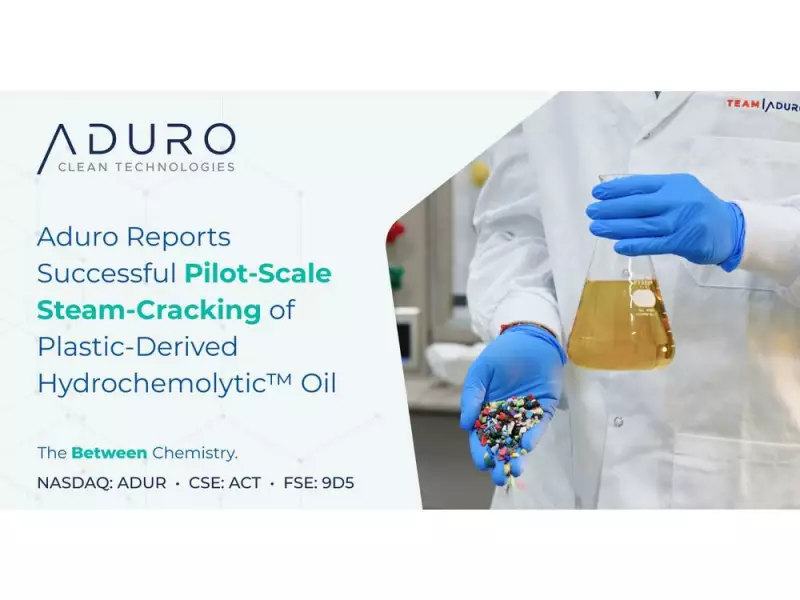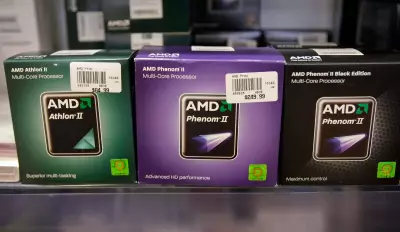
In a significant step toward creating a circular economy for plastics, Canadian clean tech company Aduro Clean Technologies Inc. has announced the successful pilot-scale steam-cracking of its proprietary plastic-derived oil. The trials, completed in October 2025, provide strong third-party validation that Aduro's Hydrochemolytic™ oil can serve as a direct, drop-in feedstock for large-scale petrochemical operations without requiring expensive upgrading.
A Commercial Pathway for Circular Feedstocks
The pilot-scale trials were conducted at a established facility in Europe by a global organization that designs and licenses major petrochemical steam-cracking operations. This independent validation is crucial for the commercial adoption of Aduro's technology. Steam crackers are the industrial workhorses that produce the fundamental building blocks for most plastics, but they are notoriously sensitive to feedstock quality, typically demanding high-purity inputs derived from oil and gas.
Most oils produced from chemical recycling of waste plastics are high in contaminants like olefins and hetero-atoms, requiring extensive and costly pre-treatment such as hydrotreatment before they can be used. Aduro's breakthrough lies in the quality of its output. The company's Hydrochemolytic™ Technology transforms a mixed stream of common plastics—including polyethylene, polypropylene, polystyrene, PET, and polyamide—into a hydrocarbon liquid with a higher saturation rate and lower impurity content than competing processes.
Successful Trials Without Dilution or Upgrading
The most compelling result from the October 2025 trials is that Aduro's Hydrochemolytic™ oil was processed as is. It was fed directly into the pilot-scale steam-cracking furnace without any dilution or additional hydrotreatment. The furnace maintained stable operation throughout the process, a key indicator of feedstock compatibility.
Furthermore, the yields of key olefins—ethylene and propylene, the primary components for making new polyethylene and polypropylene plastics—were found to be comparable to those from conventional fossil fuel feedstocks. This demonstrates that the plastic-derived oil is not just compatible, but also efficient in producing the desired end-products.
Implications for the Future of Plastic Recycling
This successful demonstration has profound implications for the economics and environmental footprint of advanced plastic recycling. By eliminating the need for costly post-treatment steps, Aduro's process can significantly reduce the capital investment and operational expenses for downstream petrochemical operators looking to integrate circular feedstocks.
The technology simplifies the pathway from waste plastics to circular olefins, potentially enabling faster and more widespread adoption. It represents a promising solution to the plastic waste crisis by turning complex plastic waste back into the raw materials for new, high-quality plastics, creating a true circular loop. For a country like Canada, which is actively seeking innovative solutions for its waste management and cleantech sectors, this development marks a notable achievement from an Ontario-based technology firm.






